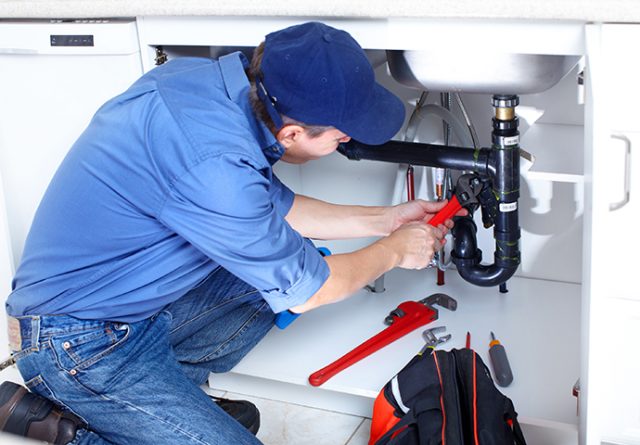The NSW Government will invest $285 million to deliver 100,000 free apprenticeships, as part of a skills and training package that will allow the State to develop a skilled workforce that meets the needs of industry, and fuels continued job opportunities for the people of NSW.
Deputy Premier and Minister for Skills, Small Business and Regional NSW John Barilaro said while NSW is home to around 60,000 apprentices, the State needs more to continue to deliver the roads, rail, schools and hospitals the NSW Government is investing in, and to meet the demand created by a booming economy.
“As an ex-tradie turned Skills Minister, it is extremely rewarding to be delivering this free training opportunity, particularly for our youngest workers,” Mr Barilaro said.
“We all know the biggest risk to this government’s record infrastructure investment is not having the skilled workers to make it happen, which is exactly why this offering of free apprenticeships make so much sense.”
Mr Perrottet said that being in a position to offer fee-free apprenticeships is a result of the hard work the Government has done to get its budget in shape and boost the NSW economy.
“The NSW economy is humming, and as a result NSW has the best jobs market in the nation. We’re seeing record numbers of jobs being created, and we want to make sure we are equipping a workforce with the skills necessary to meet future demand.”
There is an abundance of opportunity for the next generation, and we want to make it as attractive as possible for them to take up a trade.”
Mr Barilaro said from July 1, the NSW Government will also commence with the state-wide rollout of its Infrastructure Skills Legacy Program, which sets minimum targets for the number of apprentices, women and indigenous workers employed by companies that win contracts to deliver government infrastructure projects.
“The Infrastructure Skills Legacy Program has already been piloted on projects including the WestConnex, Broken Hill Pipeline and Grafton Jail, but now we want to make sure those training requirements are built-in to every major government building contract,” Mr Barilaro said.
“The legacy program is all about making sure that at the end of the project we’re not just left with the bricks and mortar, but also a generation of skilled workers that can contribute to their communities, and be the employers of the future,” he said.
Other measures in the 2018-19 Budget for skills include:
• $764.8 million for skills development and training programs, including through TAFE NSW and other registered training providers;
• $66.8 million for the Smart Skilled and Hired program which targets youth employment; assists the disability sector to scale-up to deliver the National Disability Insurance Scheme; and supports jobs and training in the construction sector through the Infrastructure Skills Legacy Program;
• $13.9 million over four years, including $4.7 million in 2018-19, for Regional Industry Education Partnerships to strengthen connections between schools and industry to meet skills shortages and deliver students into jobs;
• $30 million over four years, including $13.5 million in 2018-19 for the Skills for Business initiative to give NSW small businesses and their staff access to free TAFE NSW business skills training and qualifications;
• $8 million over four years to support 15 to 19 year olds not in study or a job to find pathways into education, training and work through the Regional VET Pathways program.

Weekender Newsroom
This post has been published by the team in our newsroom.

